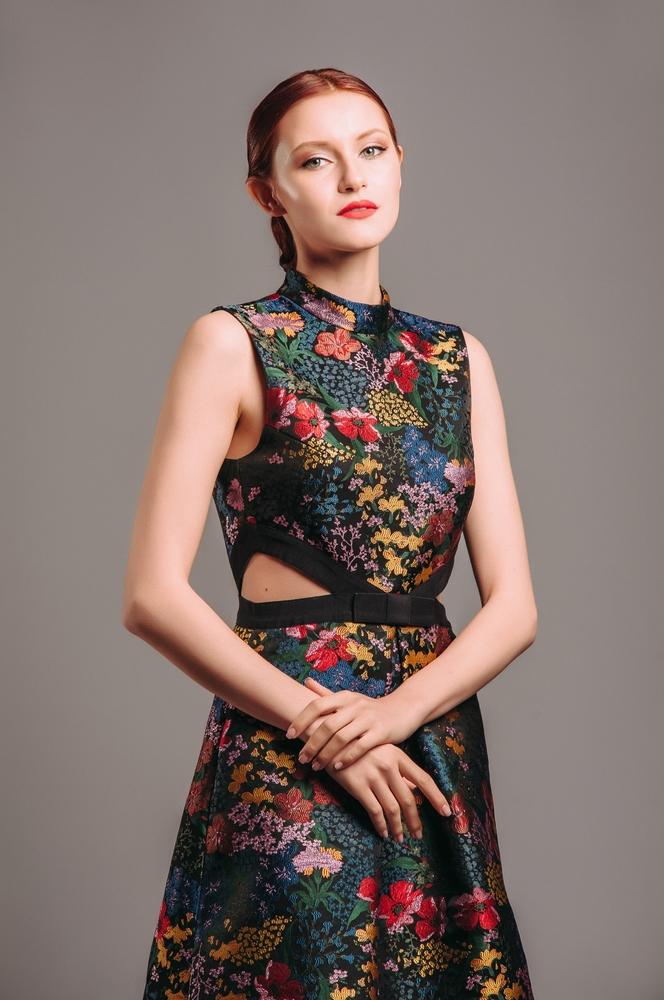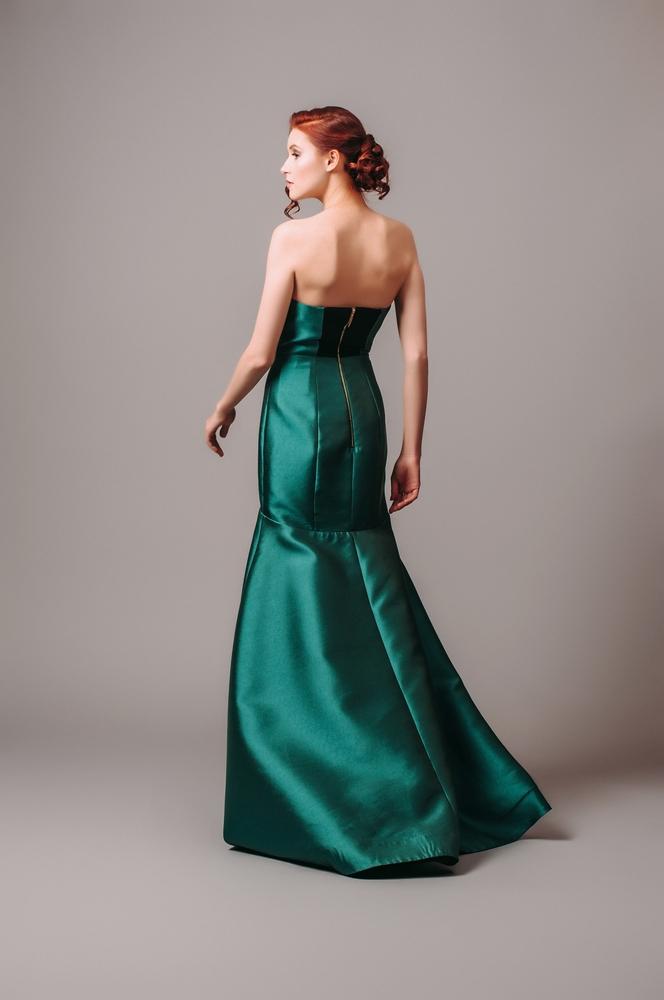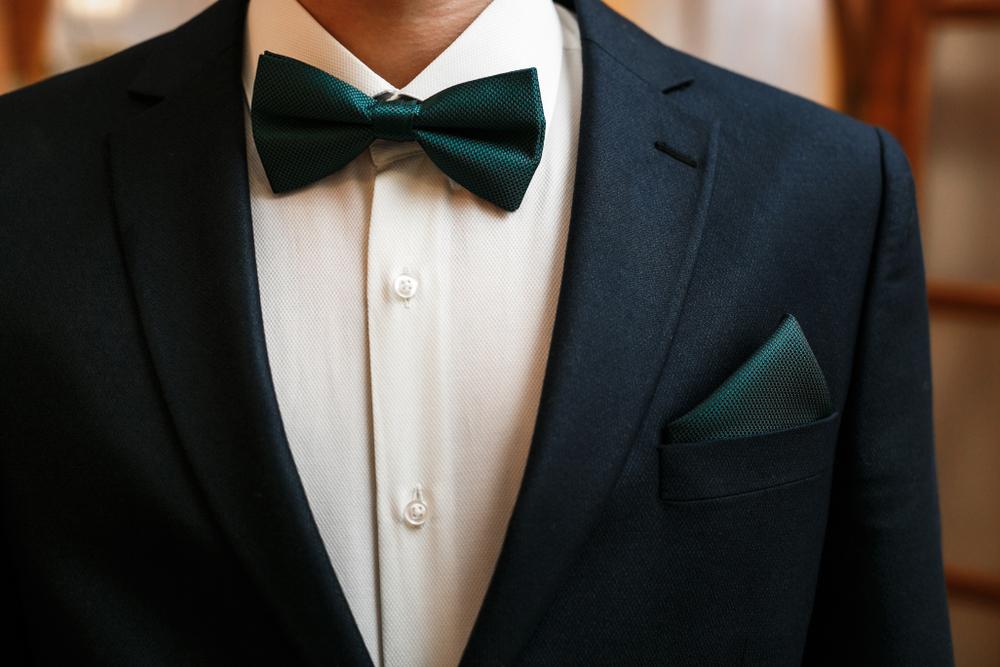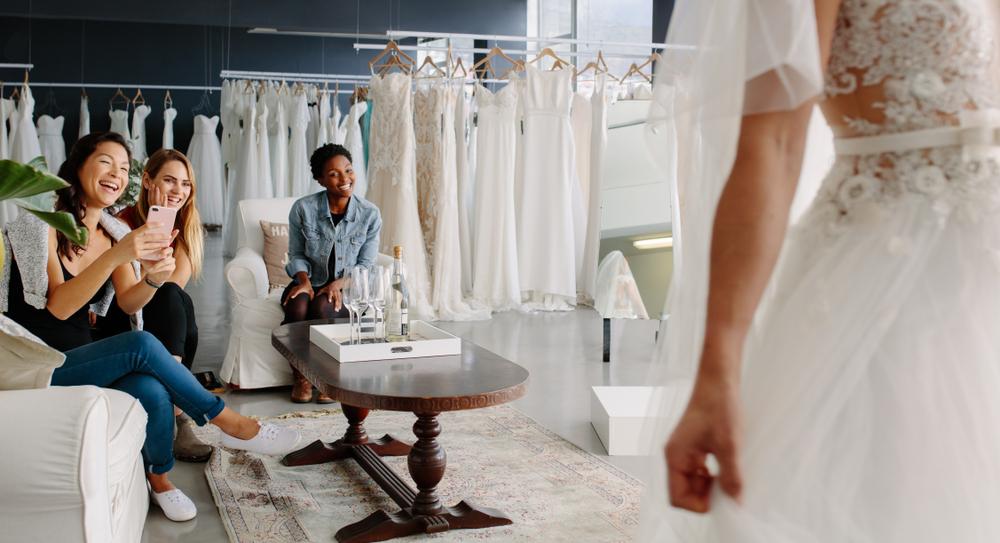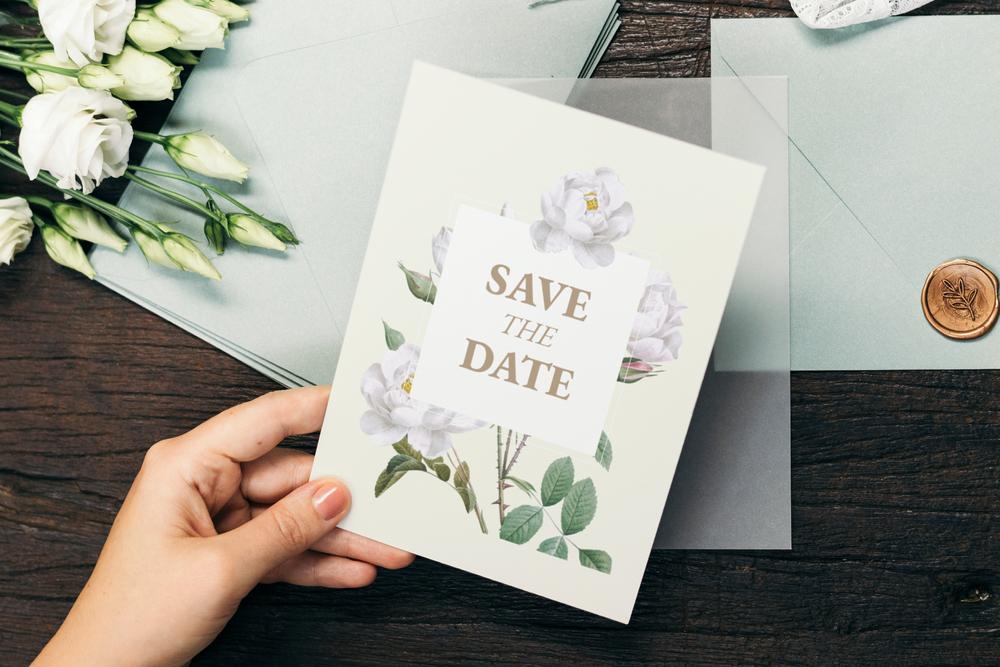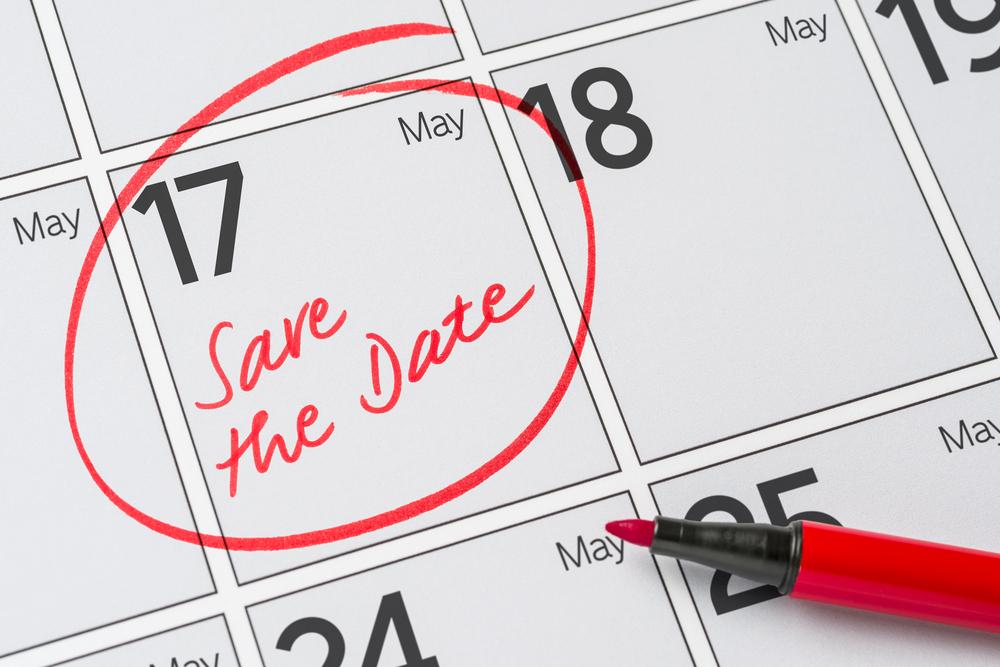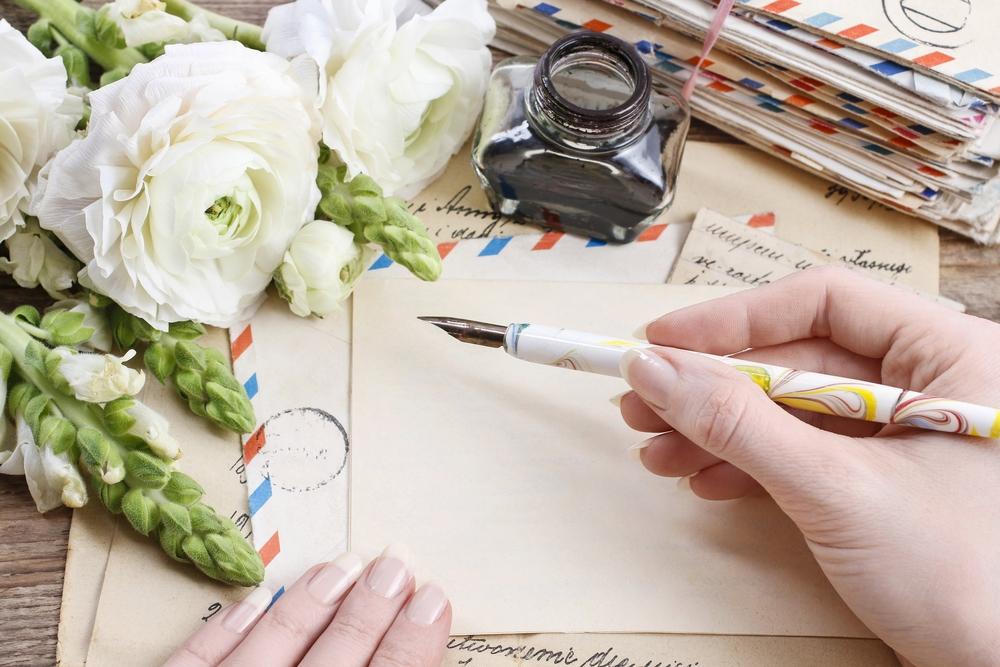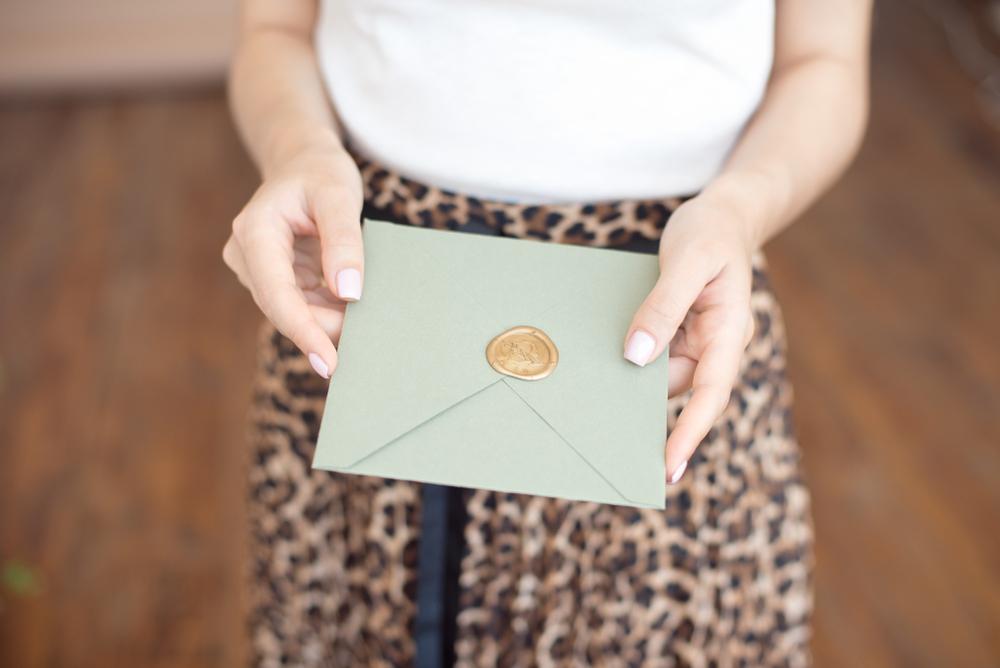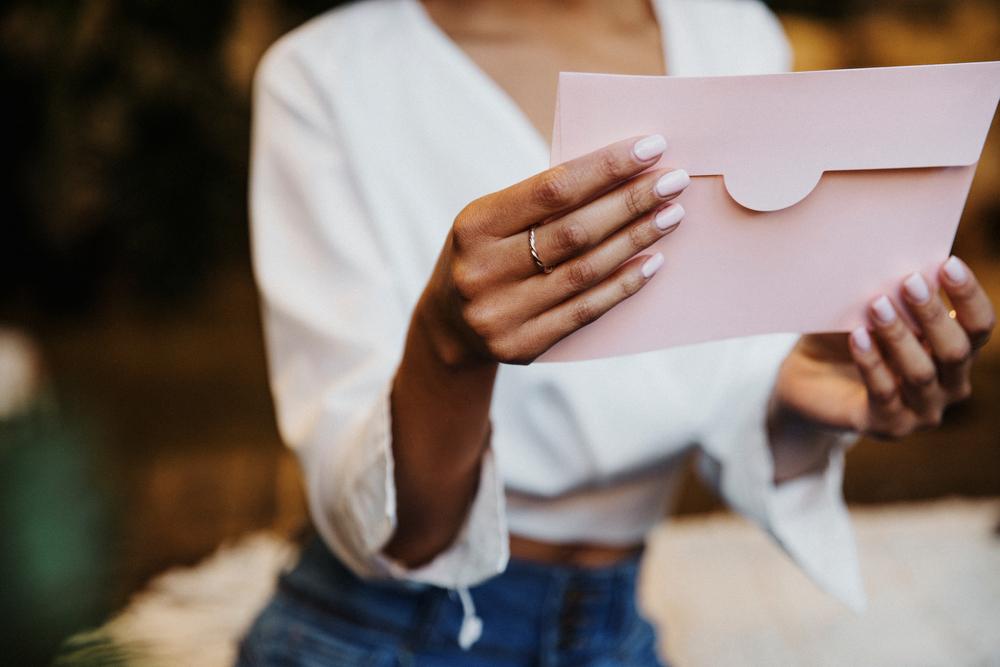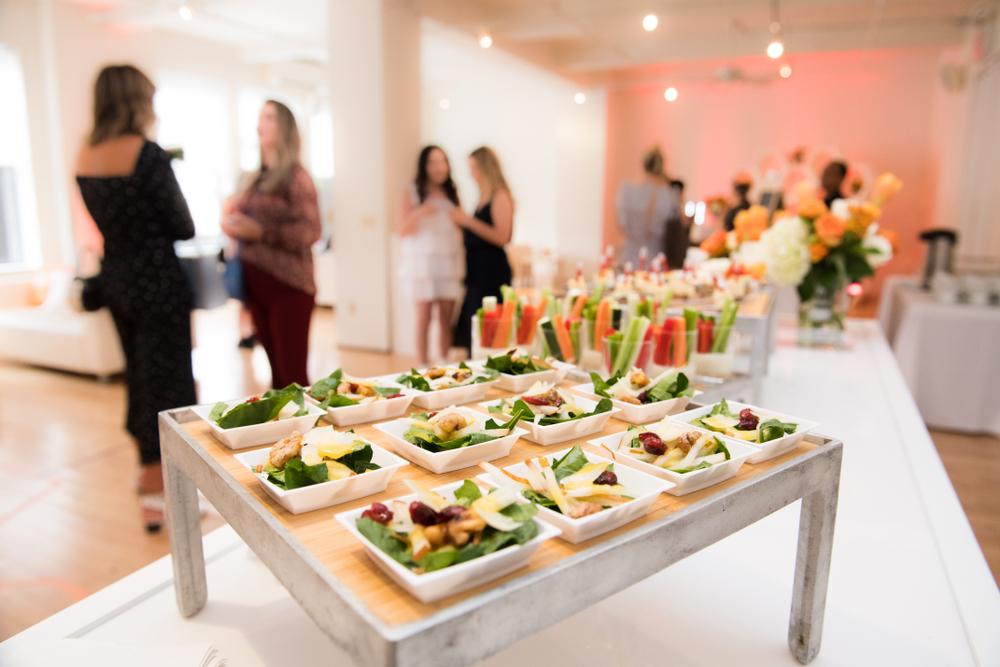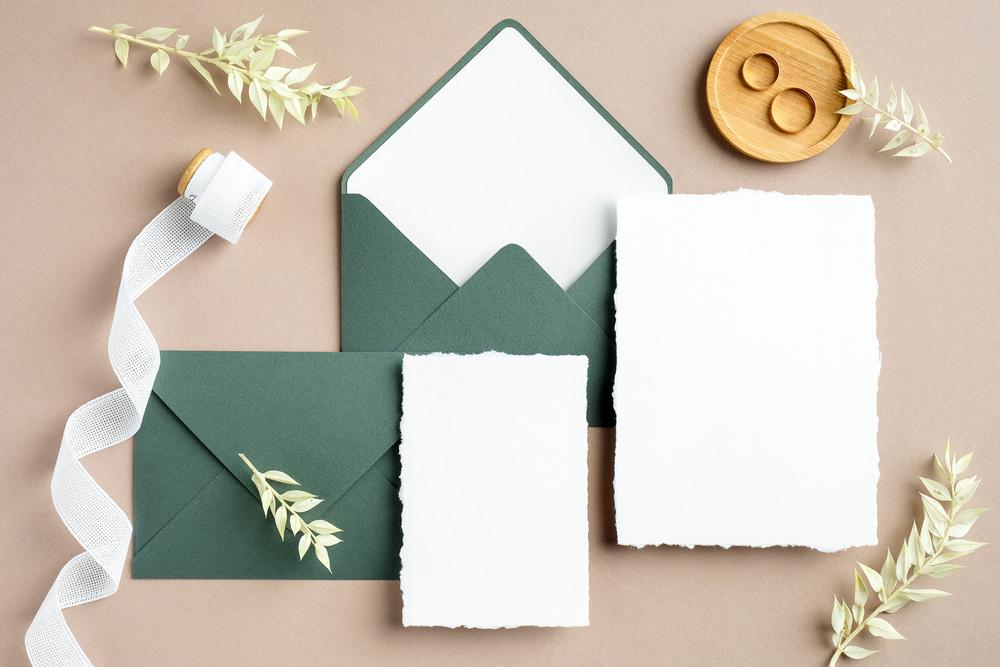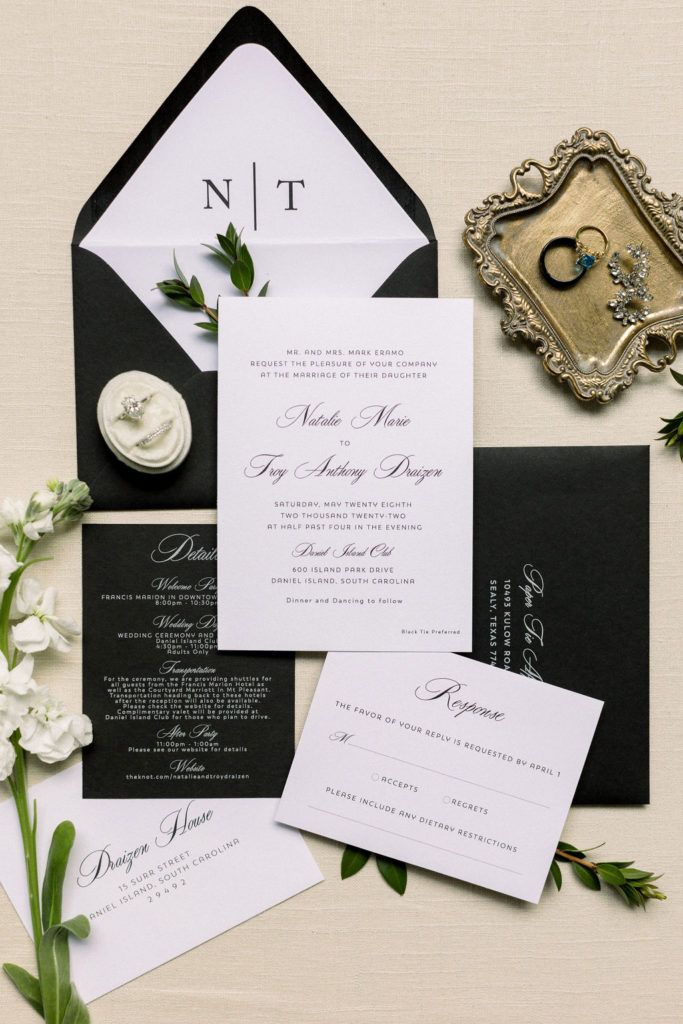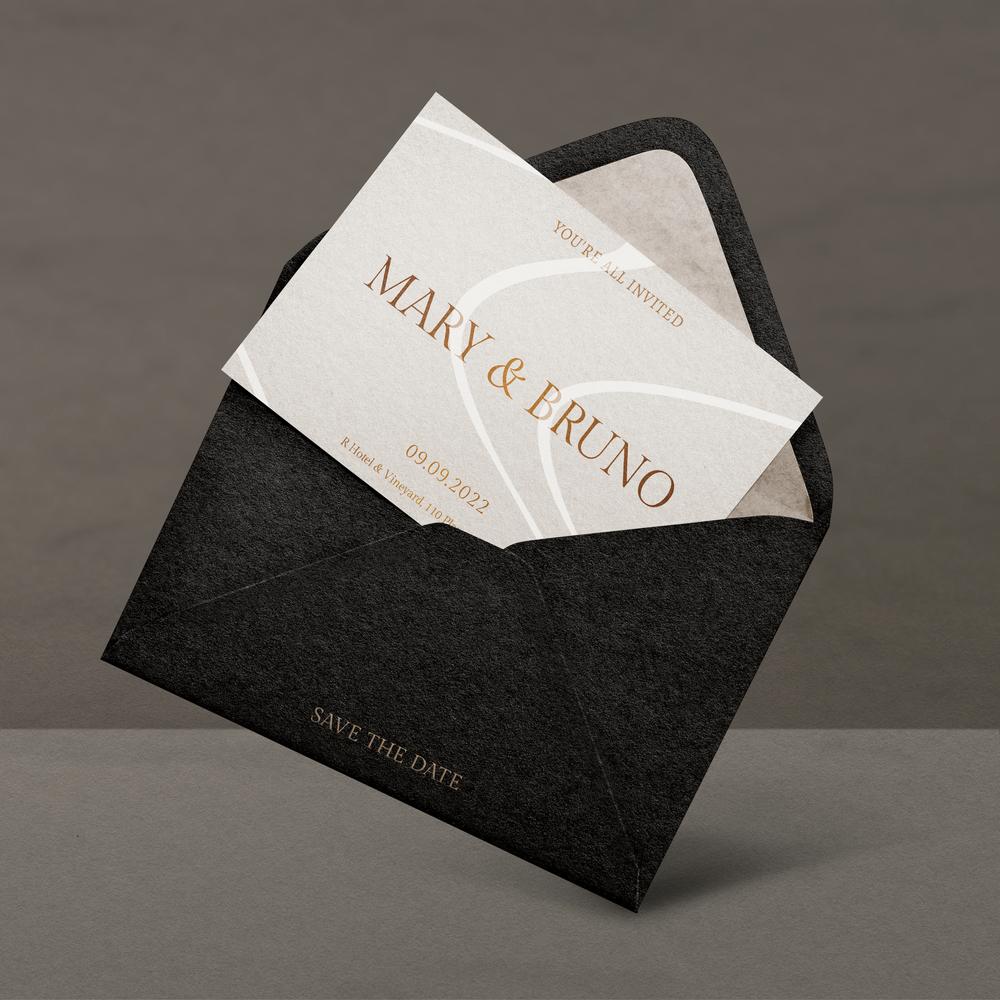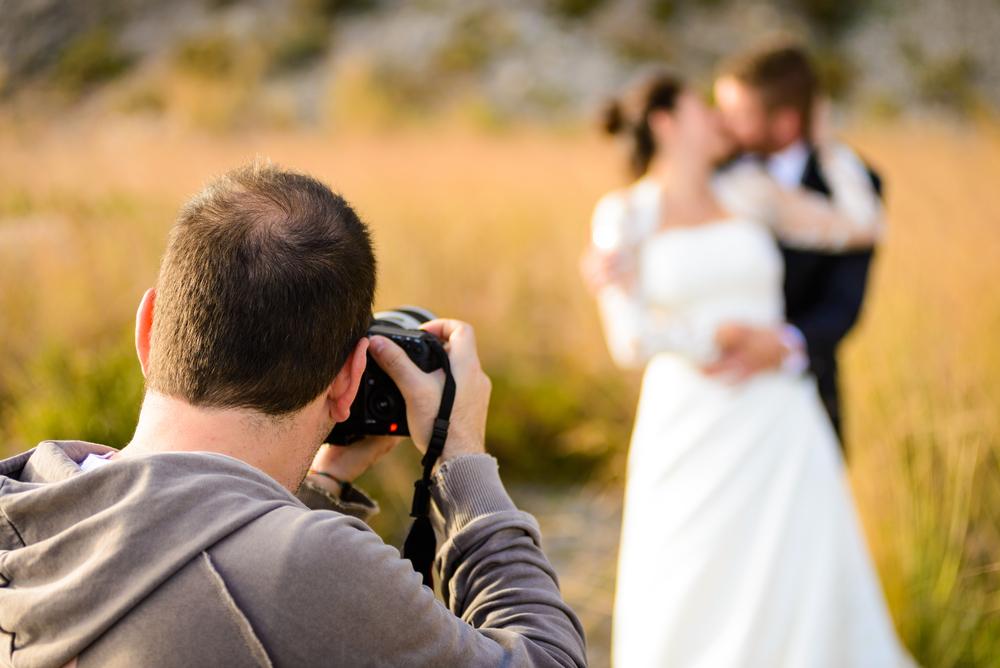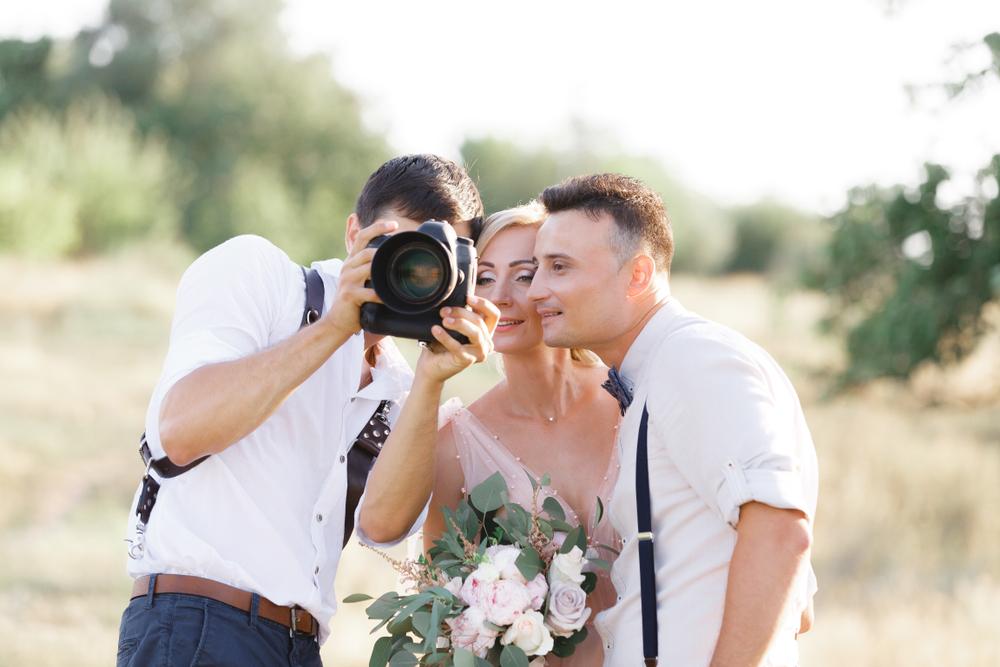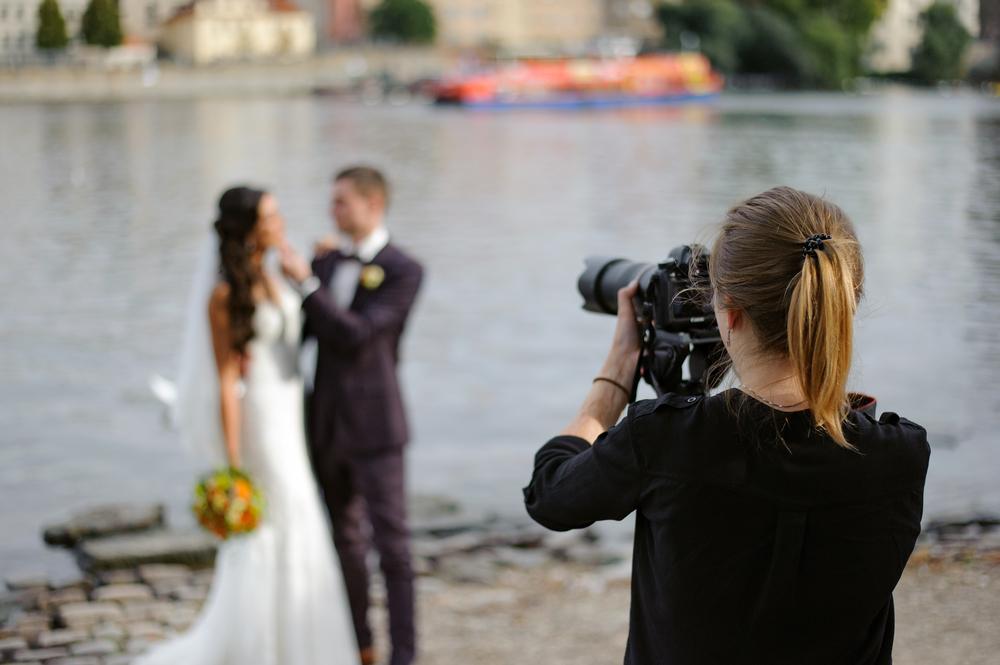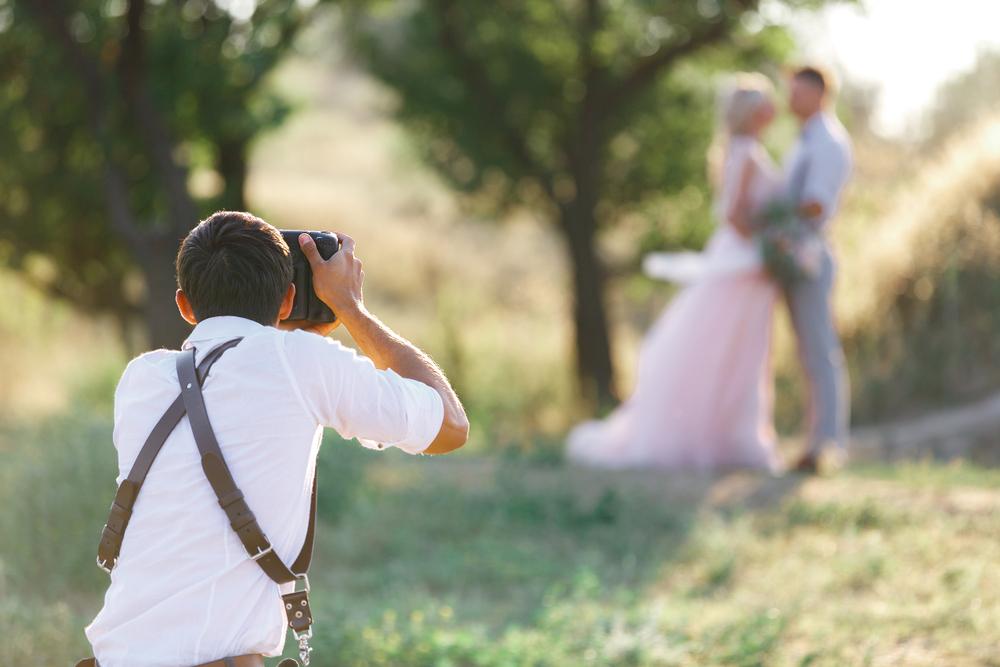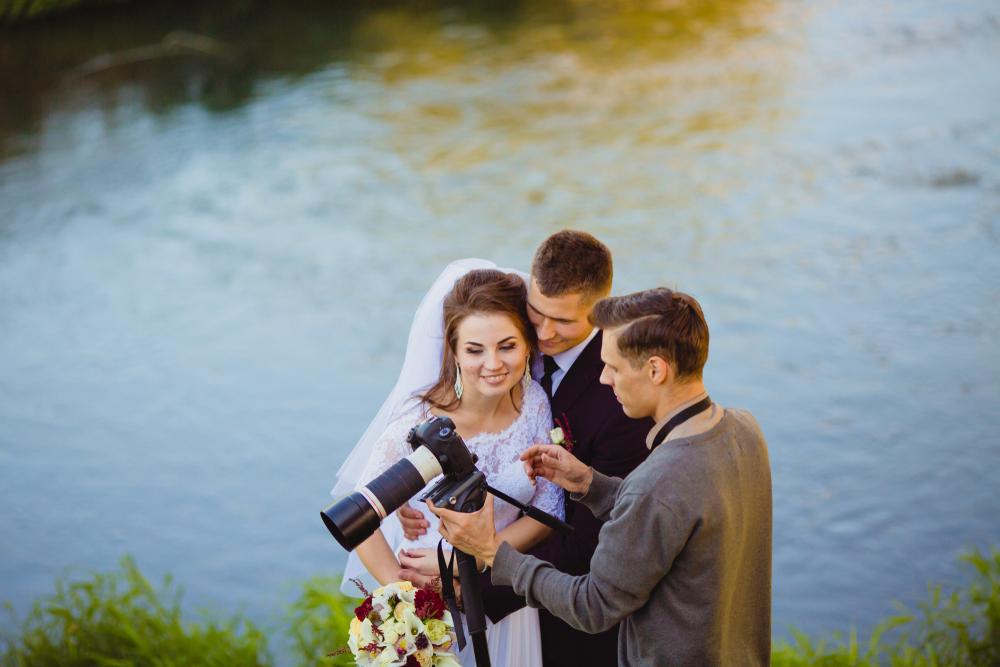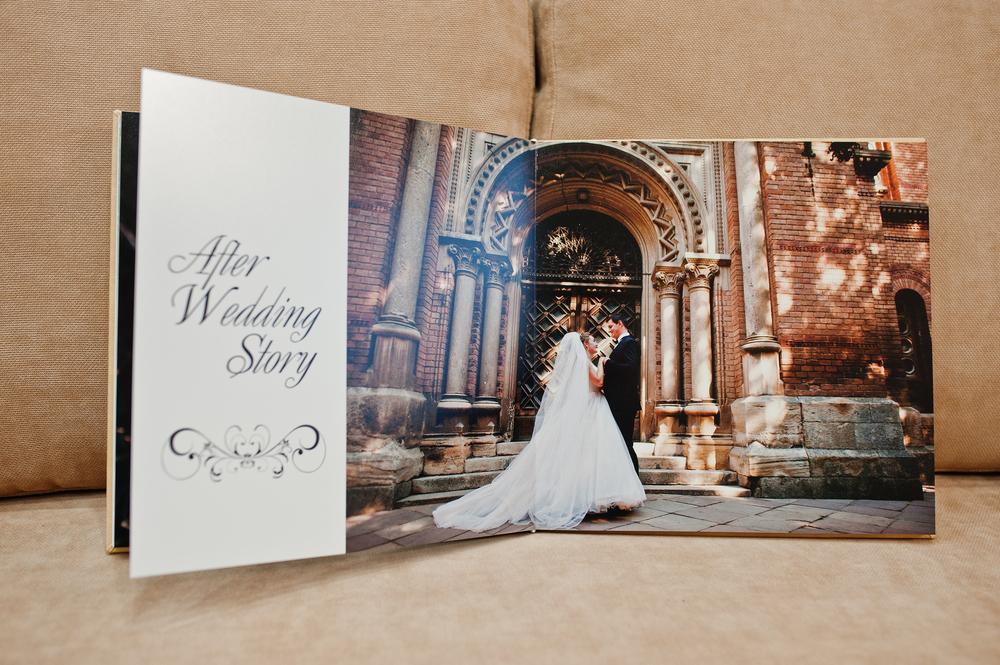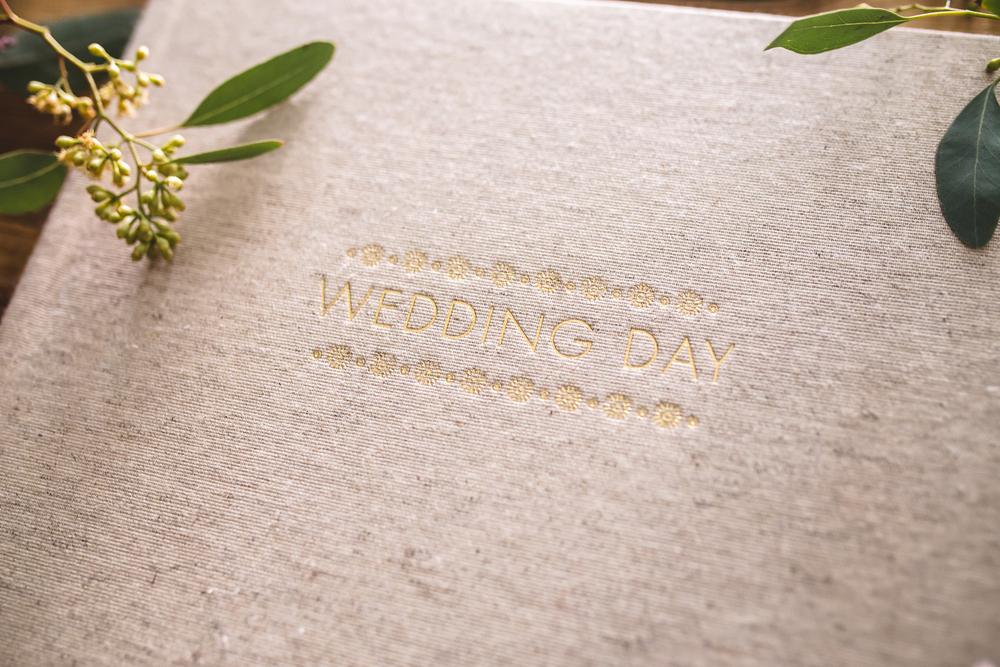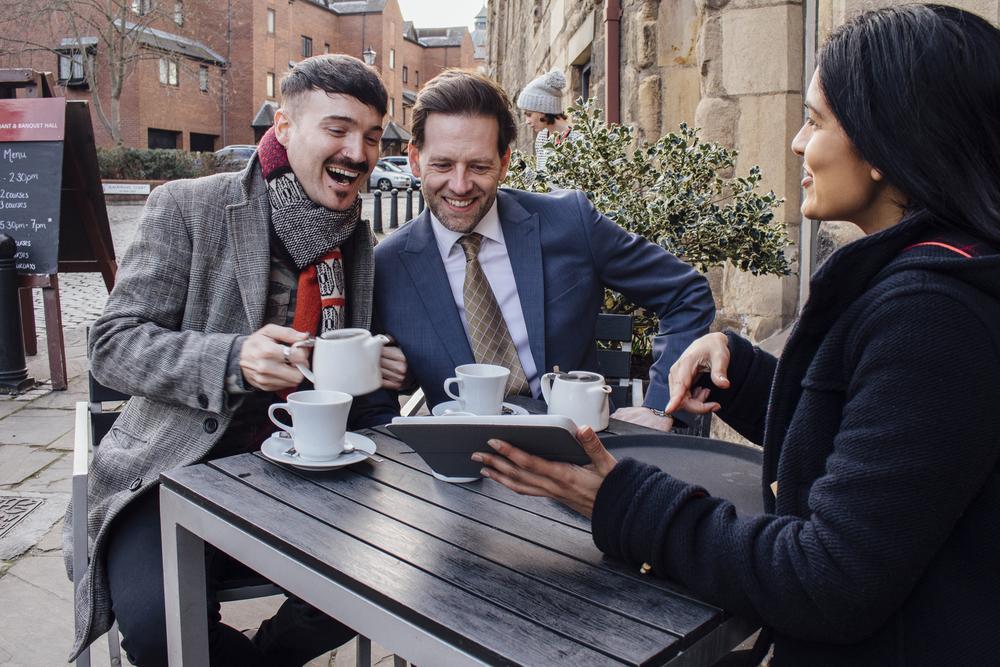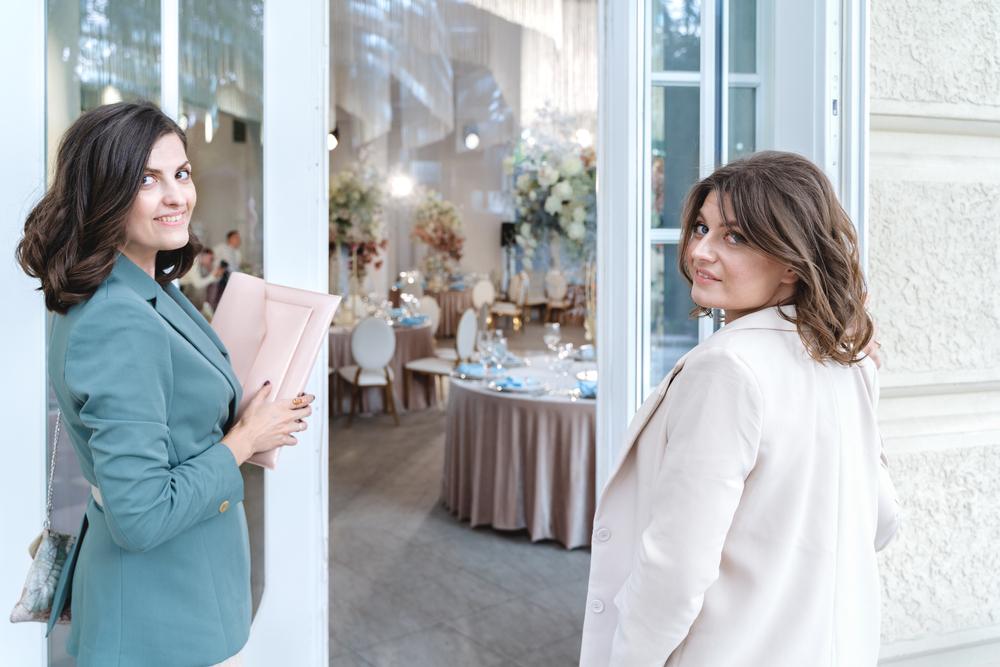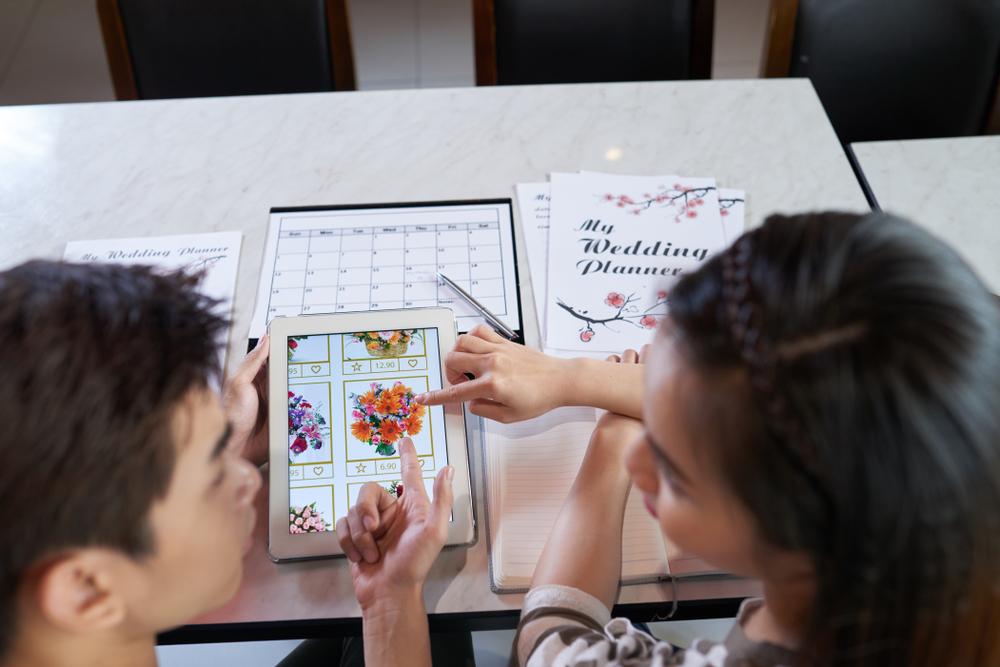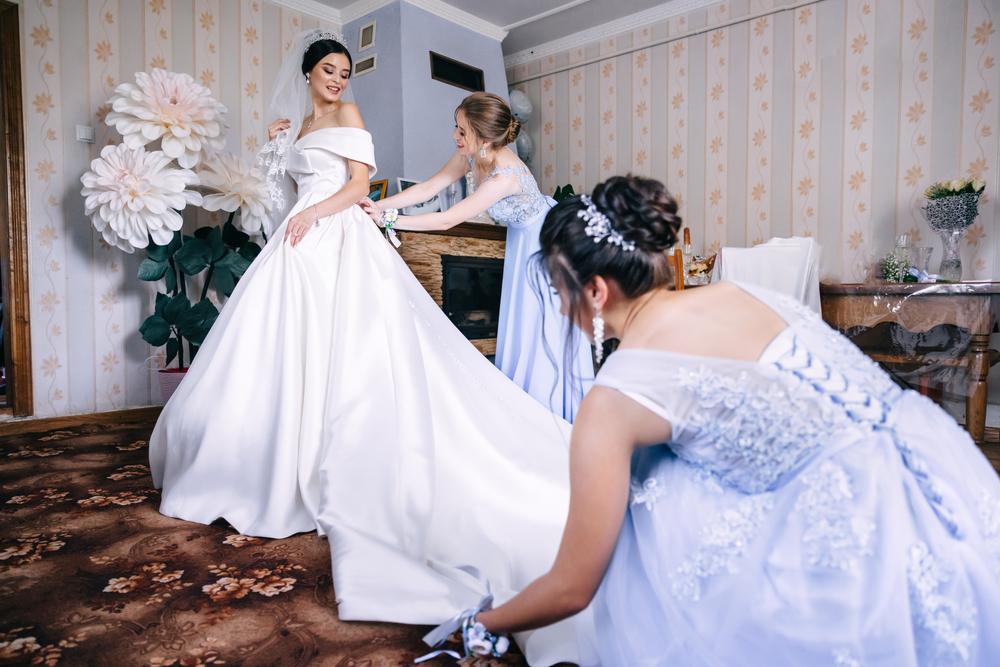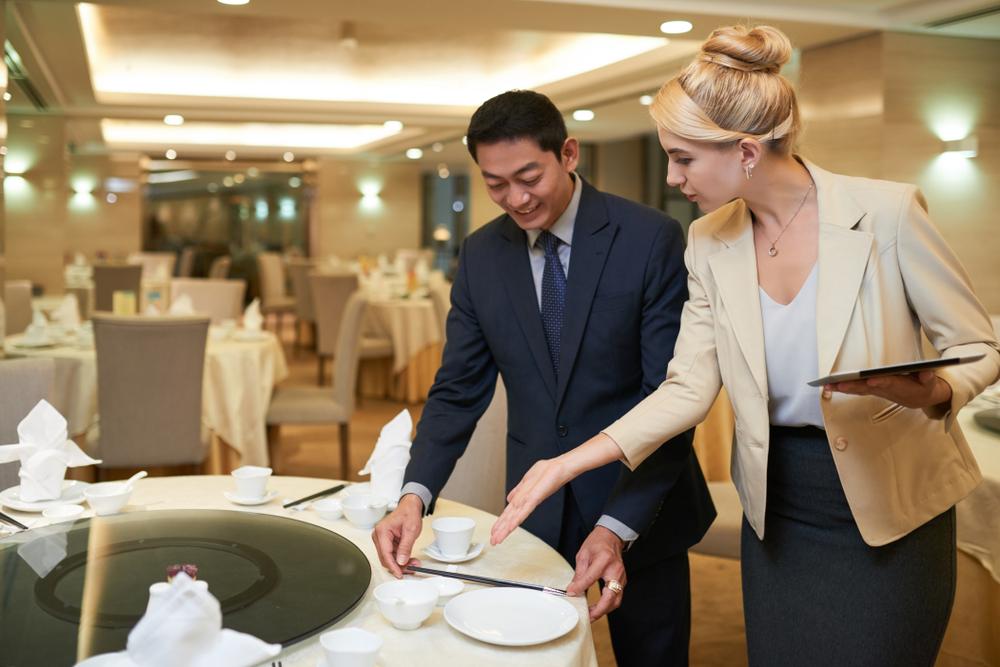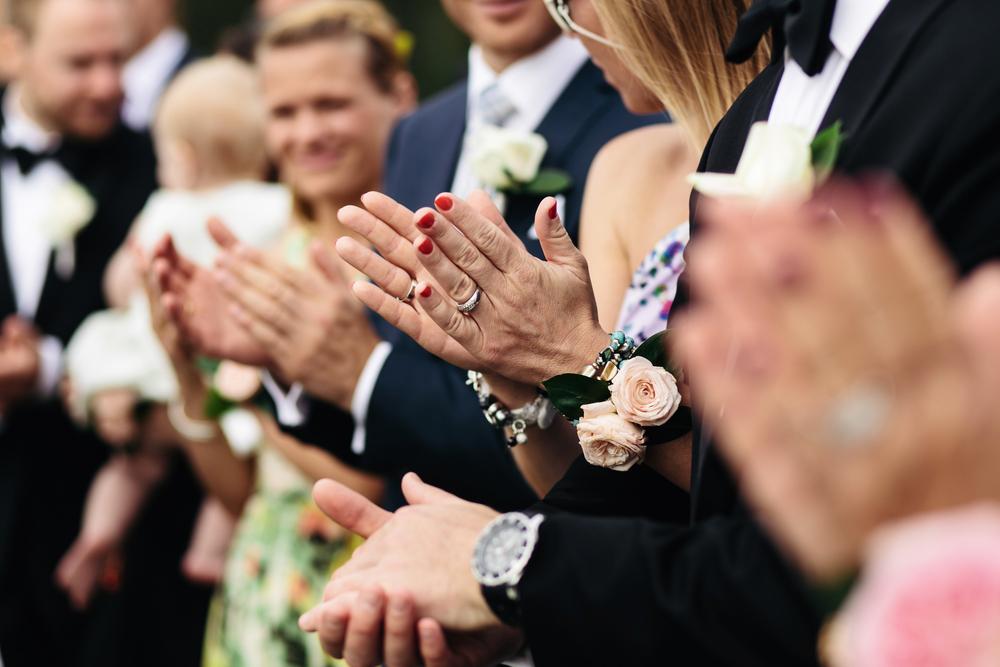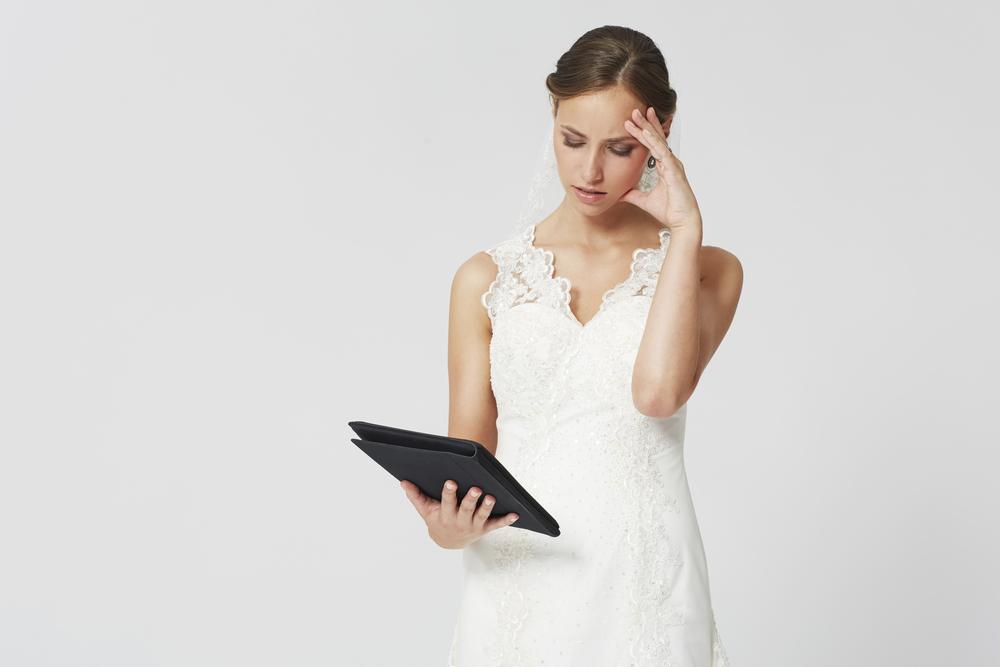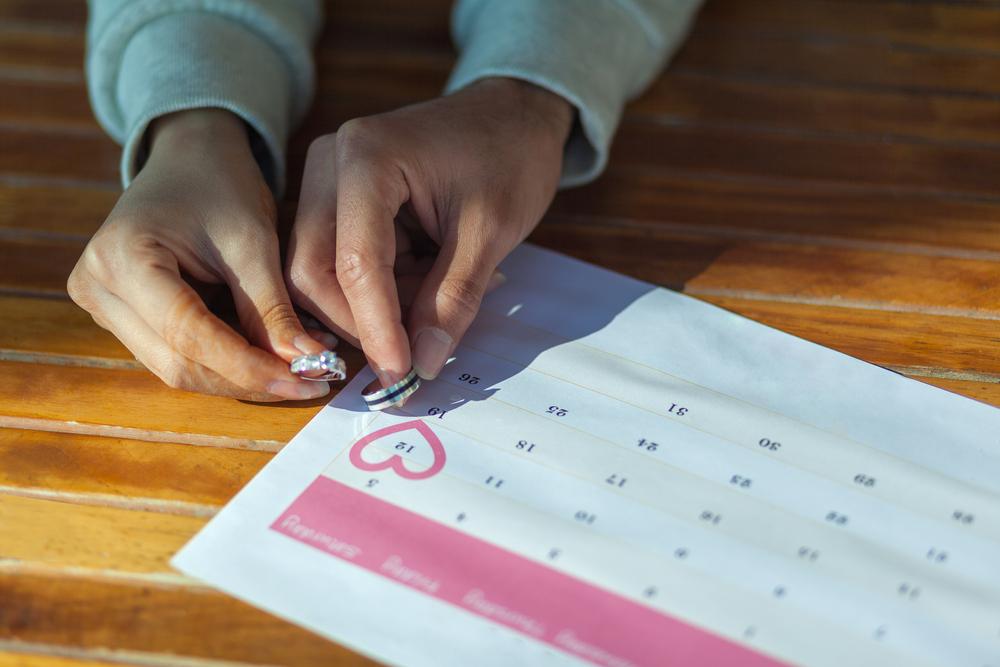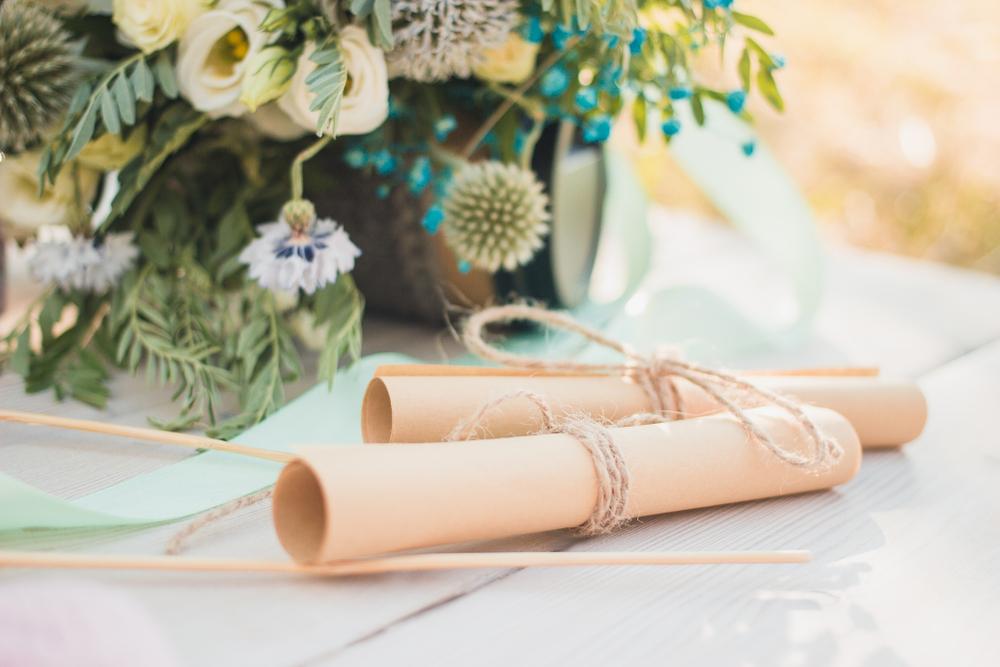
The cherries on top of any wedding are the wedding vows, an extraordinary moment where the bride and the groom use words to promise each other forever.
In most traditional religions and cultures, the bride and groom say pre-written vows when exchanging rings. The most common pre-written vows are: “To have and to hold,” finished by the words: “I do,” after which the rings and sometimes a kiss is exchanged.
However, most people nowadays opt to forego the traditional vows and choose to write vows that are more intimate and personal to their relationship.
For the brides and the grooms that decide to write their vows, they must get it right.
Here is a wedding vows guide for him and her that will ensure that does not happen:
What Are Wedding Vows?
Wedding vows are the promises two people make to each other during their wedding ceremony. They can be written by either the bride or groom, but most often they are written by both parties together before the ceremony begins.
Some couples also prefer to have their wedding vow written by professionals rather than writing it themselves.
How Long Should Wedding Vows Be?
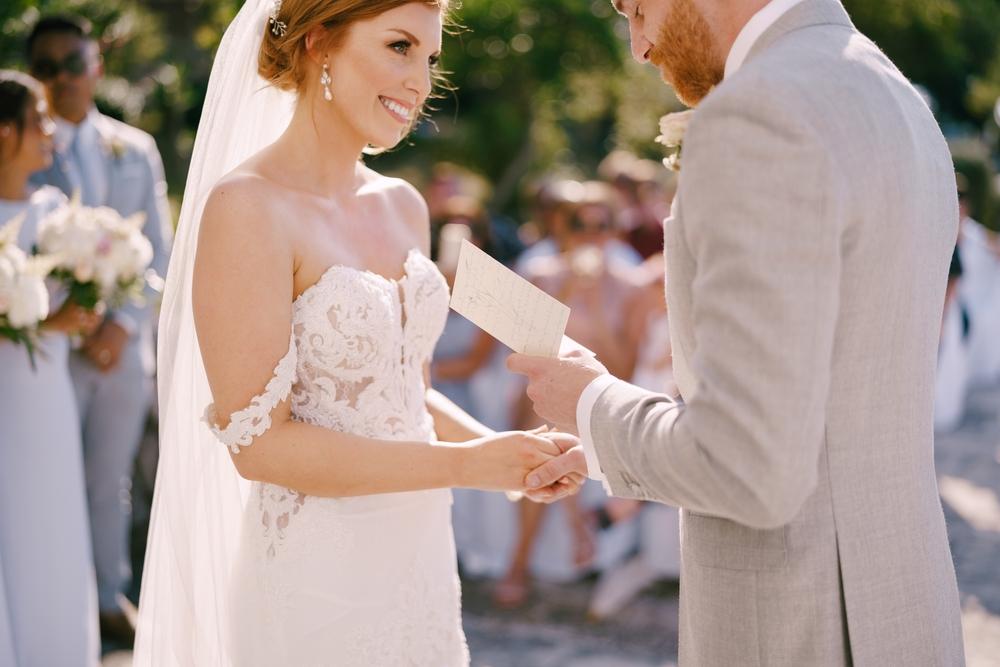
The length of wedding vows depends on factors such as your preferences, your relationship with each other, and what type of ceremony it is (for instance, religious or non-religious).
A typical length for wedding vows is between three and five minutes, but there is no set rule for this. You can play around with this and make it as long or short as you can, provided it captures what you aim to express.
Who says vows first – him or her?
The first step in writing wedding vows is to decide who says what. You can choose to write it from the male perspective or the female perspective.
It’s up to you how you want to approach this step, but if you are going for a more traditional wedding, then it may be best for your groom to say his vows first.
Types of vows
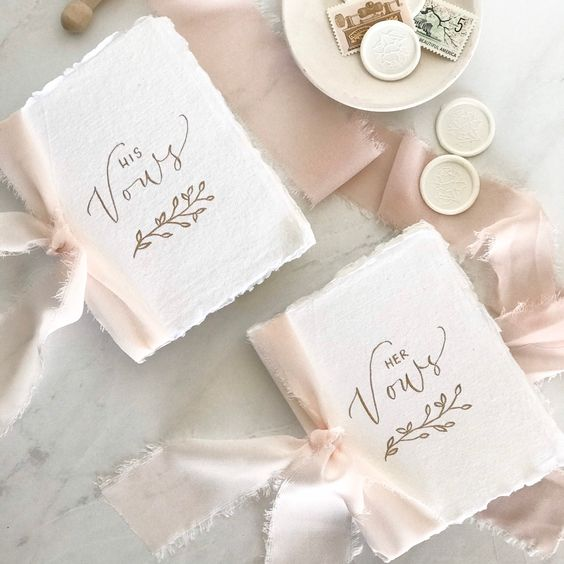
There are many types of wedding vows. Some couples choose to write their vows, while others prefer to use a template. You can also check out online resources for inspiration.
When researching types of vows, think of what you like and want. Make sure you agree on the vows you want to say.
If there isn’t a type that fits your situation, try writing a second set of vows or even writing a single statement as your favorite saying from each other’s life story!
Once you’ve chosen a type of vow, it’s time for some brainstorming! You want to come up with something that feels personal but also sounds good when spoken aloud.
Here are the tips you should follow when writing your vows:
1) Come up with a structure
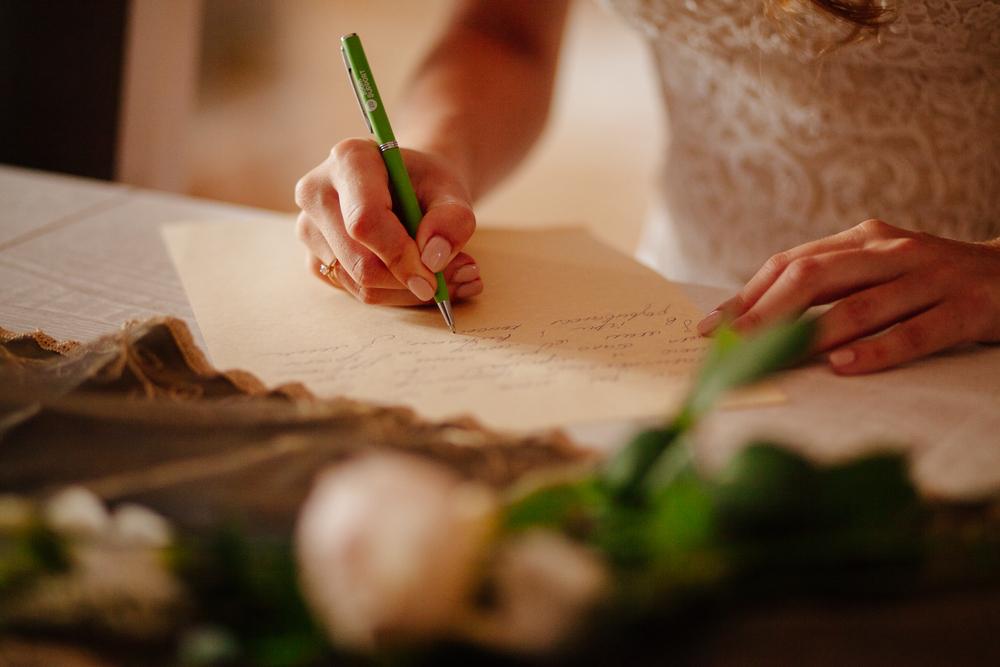
A good structure can help cement this feeling in everyone else’s minds and yours! Try writing down 4-5 different ideas, then pick one based on how it feels most natural at this point during the planning process.
The structure of your wedding vows is important when it comes to memorizing them and saying them without stammering or being nervous about how long they should be or how many times you should say them!
There are many different structures that you could use, but one of my favorites is the three-part structure where there are three sections: The first section expresses love, affection, commitment, and trust.
The second section expresses gratitude, appreciation, and respect, and the third section expresses commitment again but with an emphasis on lifetime commitments as well as vows for each other as individuals (For example, “I will always love you”).
2) Pick Out The Perfect Vow Book
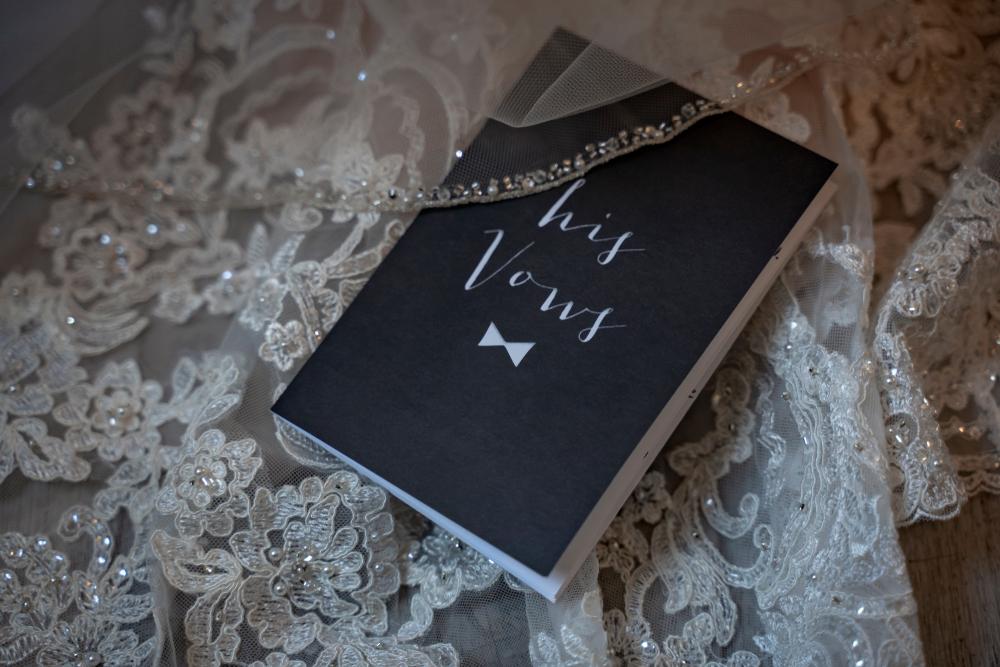
A beautiful wedding vow book is a great way to keep your vows private and memorable. You can also use it as a keepsake after the wedding and pass it down for years to come.
You can use any old book, but try to find one with both traditional vows and non-traditional ones. This will help you find some inspiration for your wedding theme and save yourself some time when you’re looking for a book later on in the process.
Pick out a book with beautiful pictures that teaches you how to say your vows interestingly. Many books can help guide you in picking out the perfect one.
3) Practice Saying Your Vows Before the Wedding Day
It is important to practice saying your vows before the big day so that you are comfortable with them and they do not sound awkward when you say them in front of all your guests.
You can also use this time to practice reading from each other’s scripts if you are using one. This will help you avoid embarrassing moments during the ceremony and ensure your wording flows smoothly.
4) Talk About What You Love About Your Partner
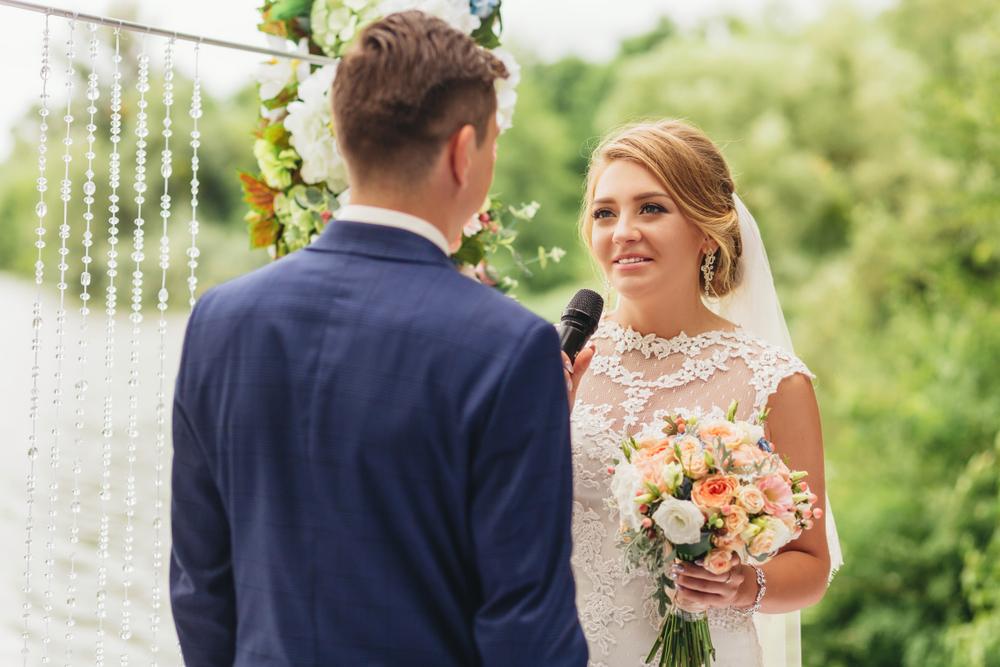
Think about a time when you enjoyed spending time with your partner and talk about that time in an essay format. Make sure that it has great detail and emotion so that the reader will get a real sense of who you are marrying.
If possible, try not to use any words that have been used before by your partner; instead, come up with something new and fresh that shows who they are as a person.
An excellent way to start writing about wedding vows is by talking about what you love about each other. You can do this in a very personal way.
Depending on how much time there is left before the wedding day, it may be possible for you to spend some time together alone before you go outside into a crowd of people who may not know you well enough yet to understand what you mean by those words!
5. Make a List of All Your Thoughts
It’s important to remember that not every thought you have will be appropriate for your wedding day, so write them down in the form of a list. Make sure to write down all your thoughts about what you want your wedding vows to be.
Don’t forget things like “I will love and cherish this person forever” or “I promise to always treat you with respect and honor.” It doesn’t matter what goes on with them as long as they are sincere!
6. Make Promises You’ll Keep
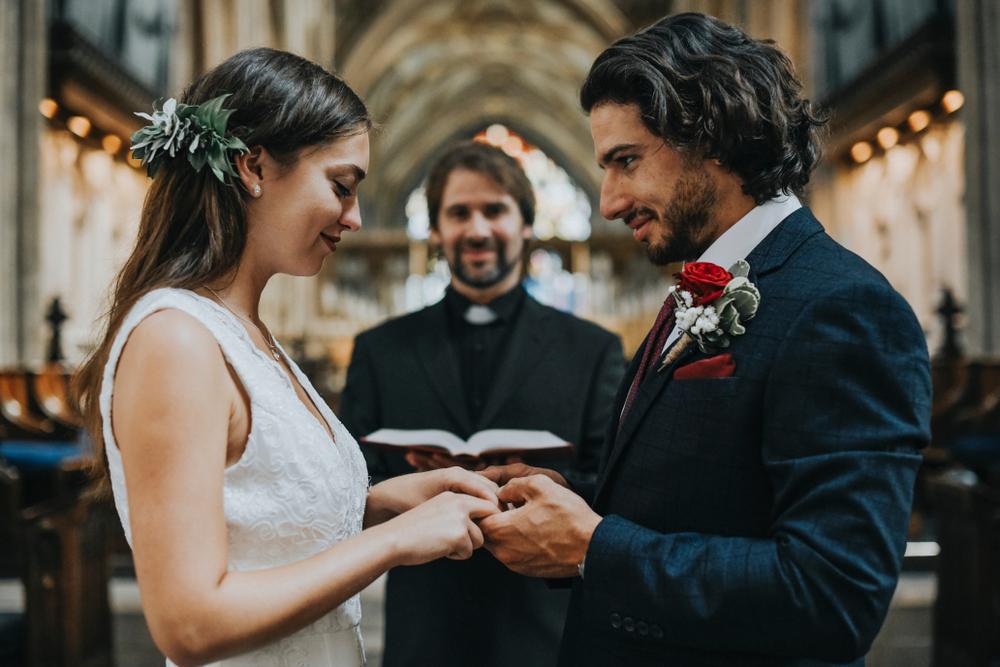
The next step is making promises that you are willing and able to keep at your wedding ceremony.
Don’t Stress
The stress factor is very high when someone is getting married, so try not to let it get to you! Instead of stressing out about what people might say about you or what might happen on your wedding day, just relax and take a deep breath.
Also, if you feel the anxiety is not fading away, you should talk to your partner. Remember, this is a person you will spend the rest of your life with. So if you are stressed, talking to them might do more good than dealing with it on your own.
Keep Your Vows a Secret
Keep your vows a secret from everyone else so that when it comes time to recite them, you don’t have anyone else’s opinion in mind! Wedding vows are sacred, so it’s wise to keep them a secret until you get married.
That way, you won’t have to worry about anyone else reading them and trying to steal them from you. Your wedding day is not just about you but also about your family and friends who have come to support you on this special day.
If you want to include them in your wedding vows, you might consider showing them the parts that involve them beforehand to avoid awkward moments when you are saying the vows on the aisle.
Final Thoughts
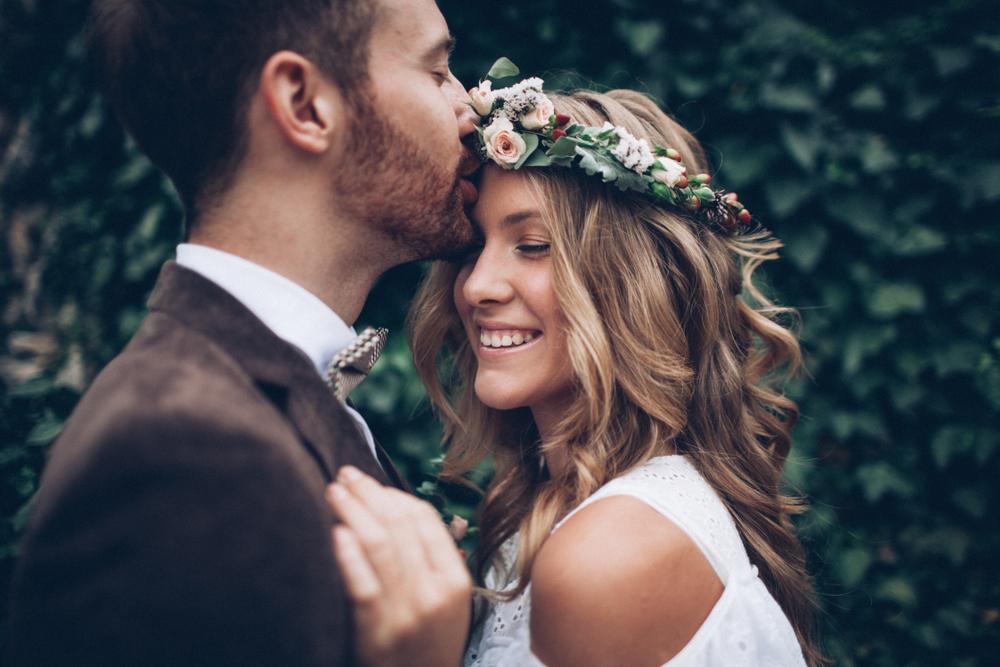
A wedding is a special occasion for everyone involved, and in that spirit, it is one of the most important days in a person’s life.
These few simple tips for writing wedding vows can help you avoid common mistakes and help make your day a happy memory you will cherish for years.



